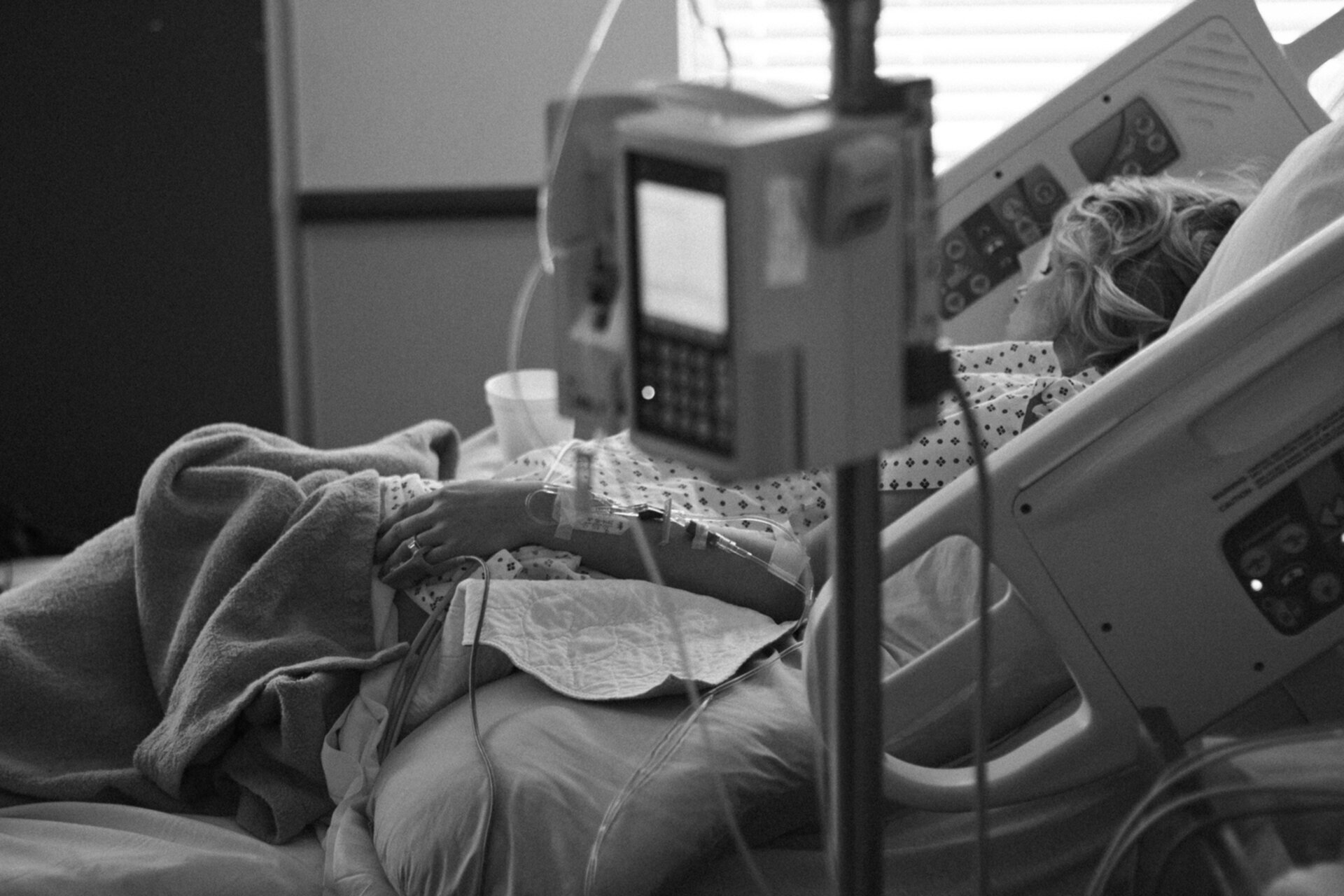
Wales’ most vulnerable drinkers at risk from Minimum Unit Pricing
18/02/2020
Increased awareness of MUP and improved access to treatment services essential as legislation disproportionately affects low income drinkers. Under Welsh Government plans, minimum unit pricing (MUP) of alcohol will come into effect on 2 March 2020, and while the new rules might positively impact certain groups, Wales’ most chaotic drinkers could find themselves at increased risk.

Martin Blakebrough, CEO of Kaleidoscope Project, considers how dependent drinkers could resort to risky behaviours to maintain their current drinking levels, and why increased awareness of MUP and improved access to detoxification and treatment services is vital.
The new rules will mean that bars and retailers must charge a minimum of 50p per unit of alcohol sold. If followed by student unions, and introduced alongside a robust public awareness campaign, MUP could influence the drinking habits of young people, and even motion a shift in the culture of nights out. It often seems a strange idea that Fresher’s events encourage young people leaving home, often for the first time, to drink as much as they possibly can. We know that drinking at university is a gateway for continued drinking in later life, and at dangerous levels. If we are able to influence young people to make healthier choices around alcohol, they are more likely to carry these behaviours into adulthood.
We have learnt from the Kaleidoscope partner initiative Drink Wise, Age Well – a campaign specifically targeting those over 50 – that dangerous alcohol consumption is a significant problem among our aging population. Critically, there is little awareness of this growing issue, largely because this group, sometimes empty nesters or widows, tend to drink at home. Sadly this is likely to only increase their feelings of loneliness and isolation. Minimum Unit Pricing then, could facilitate a wider conversation around the often complex and deep rooted issues people who drink at levels are suffering from, and indeed whether this group’s drinking habits can be changed in response to price alone.
That being said, I have concern for those who are unable to stop drinking because of their already entrenched addiction to alcohol.
The people we see at Kaleidoscope’s services across Wales are some of the country’s most vulnerable and chaotic drinkers, and there is little evidence available on how MUP could affect them. There is apprehension among providers of addiction and social care services of how the legislation could impact user behaviours and coping mechanisms – particularly in relation to finances, mental health, relationships, and in the most extreme examples, offending and criminal behaviour.
In spite of MUP’s positive outcomes, it is a worry that low income drinkers could be priced out of meeting their need overnight. This could push families to forgo essential items, borrow from family and friends, or access funds in the way of tabs at local shops and pubs to continue their use of alcohol. Dependent drinkers may also switch to higher strength alcoholic drinks, brew their own drinks at home, or even commit more acquisitive crime. A small group of drinkers could switch to drugs that mimic the effects of alcohol, such as prescription drug benzodiazepine, cannabis or even spice.
An evaluation into minimum pricing for alcohol, led by Figure 8 Consultancy Services, assessed the views of both service users and providers. Alarmingly, the research concluded that awareness of minimum pricing was lowest, and often notably absent, among drinkers interviewed. In my view, this reflects the need for a public awareness campaign, where alcohol tax revenue is used to fund long-term solutions and cultural shift programmes that mirror the fervour with which we tackled the smoking health epidemic. But, to combat any immediate fallout of MUP, improved access to detoxification and evidence-based treatment services is vital.
From March 2 2020 bars and retailers will need to charge a minimum of 50p per unit of alcohol sold. However today, you can buy a 20 pack of Strongbow in 440ml cans for as little as £11 in Tesco, and £14 in Asda. At 5% ABV, a Strongbow 20-pack contains a whopping 44 units. MUP will make it illegal for this amount to retail for less than £22. Along with well-known labels, supermarket own brand ciders will also be hard hit. However as cider is a drink of choice among Wales’ dependent street drinkers, our front line workers are preparing themselves as best they can for what might happen if these drinkers can no longer afford to maintain their current intake.
It has long been the case that at supermarket special offer rates, beer and cider is cheaper than fizzy pop. The way alcohol is marketed means it is not unusual in many of our towns to see young people with a crate of beer bottles that they share with friends in a local park. And perhaps MUP will lead to young and budgeting drinkers to revaluate, although a recent NHS study has found that increasing alcohol price has had little impact on under 18’s drinking habits in Scotland.
However, while Scottish adults still bought more alcohol than people in England and Wales in 2018, the gap had significantly narrowed. In addition, The 2019 MESAS (Monitoring and Evaluating Scotland’s Alcohol Strategy) report cited that since 2010 the volume of pure alcohol sold per adult through supermarkets and off-licences had fallen by 9% in Scotland, while rising by 3% in England and Wales over the same period.
Whatever the outcome, Kaleidoscope, alongside its partner agencies, is seeking to alert people to the changes in legislation. We are working closely with Welsh Government and researchers at South Wales University to monitor impacts and ensure we are there for any drinkers who may get into difficulty.

Martin Blakebrough
CEO at Kaleidoscope
Share


